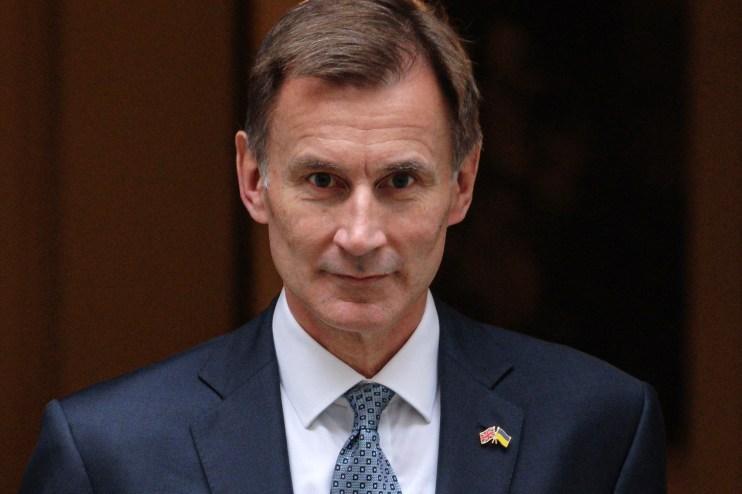Will lower inflation deliver the windfall the Chancellor Hunt is hoping for?

December’s borrowing figures look set to be the start of a welcome trend for the Chancellor.
Thanks to lower interest payments, government borrowing in December roughly halved compared to the year before, coming in comfortably below forecasts from the Office for Budget Responsibility (OBR).
Today’s figures show that the government spent £5.5bn less on interest payments than the OBR had forecast just a few months ago.
With inflation set to continue falling and markets pricing in a fairly rapid reduction in interest rates, the government is likely to receive a healthy windfall from the OBR.
Hunt is reportedly considering cuts to income tax or inheritance tax in an attempt to boost the Conservatives chances of winning the election. Despite cutting taxes in the Autumn Statement, the tax burden still climbed to record levels.
Ruth Gregory, deputy chief UK economist at Capital Economics explained: “With market interest rate expectations and long-dated gilt yields having fallen since November, we suspect the OBR will revise down its borrowing forecast significantly from 2025/26”.
The consultancy suggested that the Chancellor could receive ‘headroom’ of around £20bn in the Spring Budget, enough to announce some crowd-pleasing measures while maintaining a veneer of fiscal responsibility.
Falling inflation feeds through very quickly into a healthier fiscal position in the UK, since an unusually large portion of the UK’s debt is tied to inflation.
Almost a quarter of the UK’s debt pile is index-linked. Among major economies, the next closest is Italy with just 12 per cent.
This means that when inflation falls fast, the government sees the benefit quickly too. Simon French, chief economist at Panmure Gordon, said the relationship between the UK’s debt and inflation was “painfully expensive on the way up, but now a tailwind to fiscal headroom”.
But hang on. It was not that long ago that borrowing was coming in lower than expected because inflation was higher.
High inflation and strong wage growth had pulled more people into higher tax bands, boosting tax receipts in a process known as fiscal drag.
December’s figures show that tax receipts were lower than the OBR had predicted back in November, suggesting that the benefit of fiscal drag is now starting to fade.
“Lower inflation is also likely to mean lower tax receipts,” Cara Pacitti, senior economist at the Resolution Foundation, said. “How these factors offset each other will be important in deciding how much fiscal headroom the Chancellor has.”
So Hunt should not get carried away by the benefits of lower inflation.
This is particularly true when you look at the bigger picture on government debt. Yes, the government has borrowed £5bn less so far this financial year than the OBR expected, but it still means the government has borrowed more this year than in every year since records began – excluding the financial crisis and Covid.